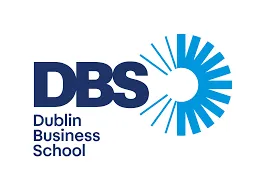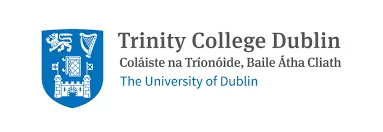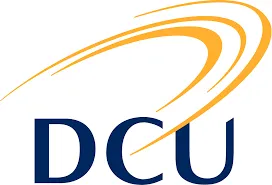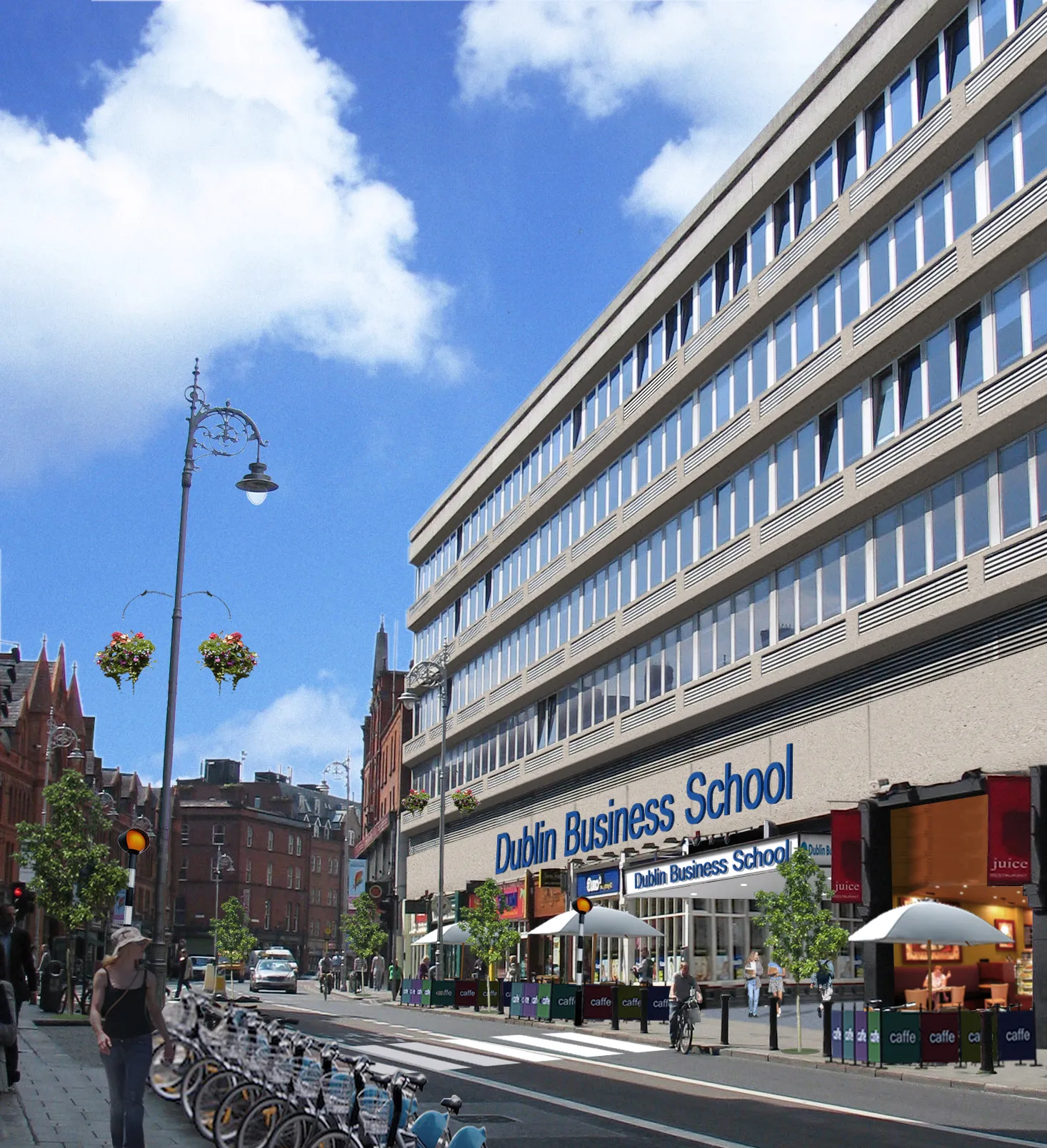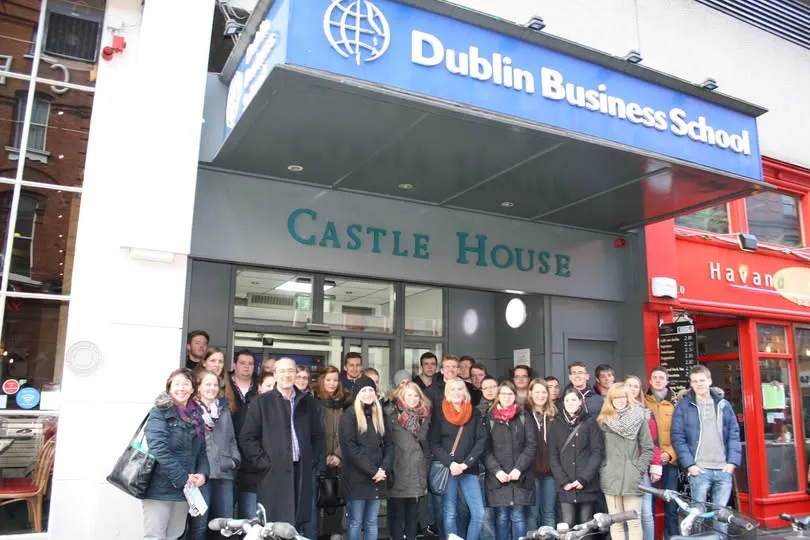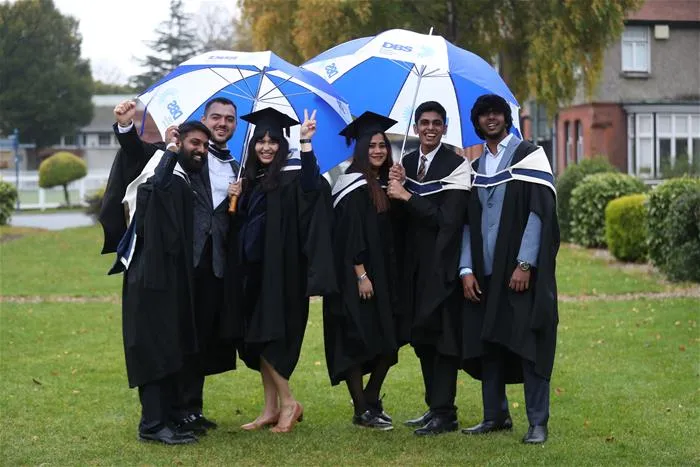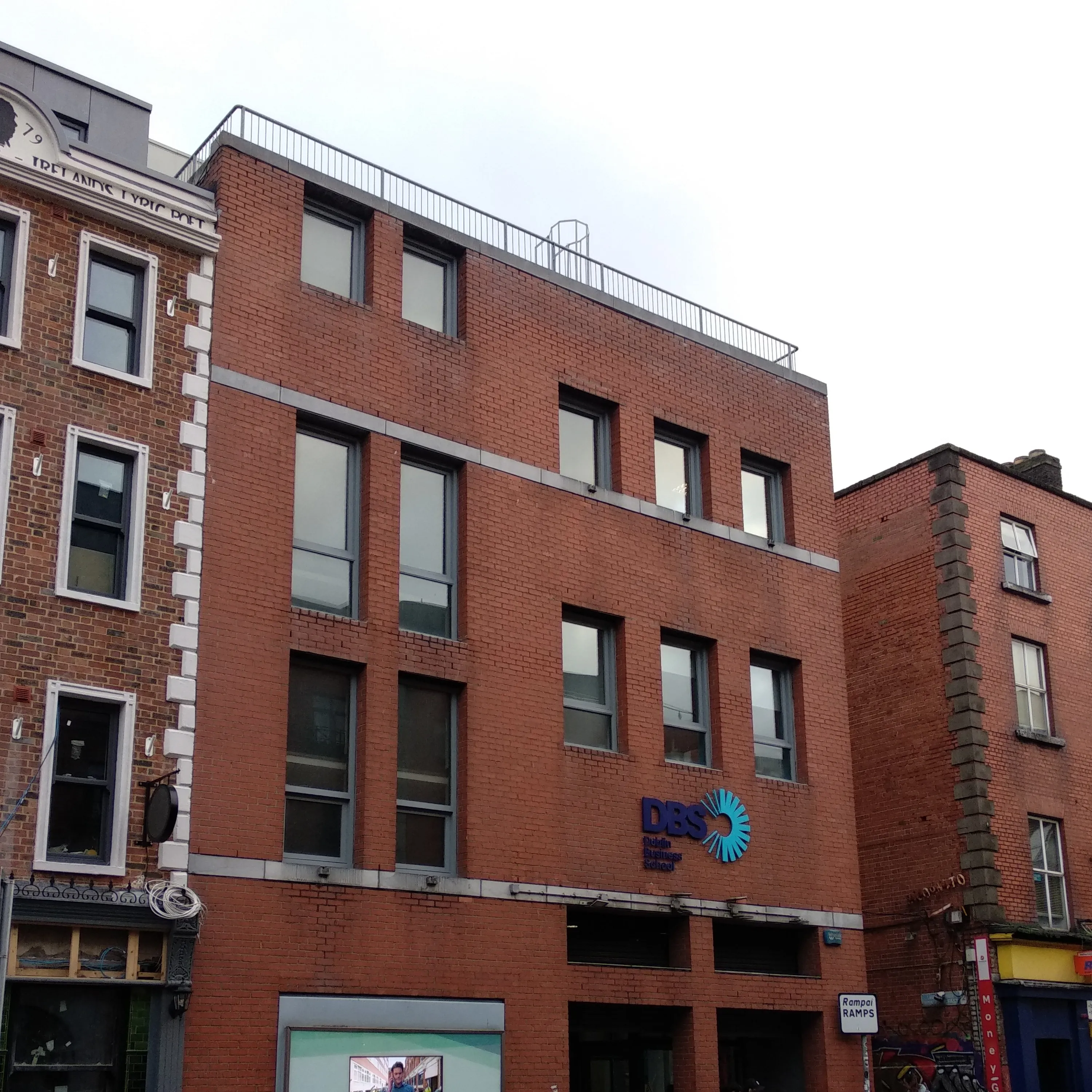About

University Type
Private

Dublin,
Ireland

Year Established:
1975
Dublin Business School (DBS), incorporating Portobello College, is a private college in Ireland. With over 9,000 students, DBS provides a range of full-time and part-time undergraduate and postgraduate programmes, with courses in subject areas such as business, law, accounting, event management, IT, arts, media studies and psychology. The college's undergraduate and part-time degrees are recognised by QQI (Quality and Qualifications Ireland). The college is owned by Kaplan, Inc., part of the Graham Holdings Company.
Dublin Business School Program Rankings
-
Artifi (Masters) - Rank #21 (QS)
-
Business Analytics (Masters) - Rank #21 (QS)
-
MBA (Cloud Computing) (Full Time) (MBA) - Rank #21 (QS)
-
MBA (Finance) (Full Time) (MBA) - Rank #21 (QS)
-
MBA (Full Time) (MBA) - Rank #21 (QS)
-
MBA (Human Resource Management) (Full Time) (MBA) - Rank #21 (QS)
-
MBA (Information Systems with Computing) (MBA) - Rank #21 (QS)
-
MBA (Marketing) (Full Time) (MBA) - Rank #21 (QS)
-
MBA (Project Management) (Full Time) (MBA) - Rank #21 (QS)
Dublin Business School Highlights
FAQs
What are the most popular graduate programs offered at Dublin Business School?
Dublin Business School offers a variety of popular graduate programs that cater to a wide range of interests. Among the most sought-after are the Master's degrees in Business Administration, Psychology, and Information Technology. Additionally, programs in Marketing, Law, and Finance also attract a significant number of students seeking advanced education and industry-specific skills.
What is the Annual Cost of attendance at Dublin Business School?
The annual tuition fees at Dublin Business School typically range from €12,000 to €14,000 for most graduate programs. The cost of living in Dublin, including accommodation, food, transport, and other expenses, is approximately €12,000 per year. Therefore, the total estimated annual cost can be around €24,000 to €26,000. As of the latest exchange rates, this amounts to approximately ₹20,40,000 to ₹22,10,000 INR, rounded to the nearest hundreds.
What Financial aid and scholarship options are available at Dublin Business School?
Dublin Business School offers various scholarships and financial aid options to assist students. These include merit-based scholarships, need-based grants, and specific awards for international students. Prospective students can apply for scholarships by completing the scholarship section of the application form and providing necessary documentation to support their eligibility. Information and deadlines are typically available on the school’s website under the financial aid section.
What is the reputation and ranking of Dublin Business School?
Dublin Business School enjoys a strong reputation, especially within Ireland, for providing career-oriented programs that meet industry demands. While the school may not feature prominently in global university rankings, its business and psychology programs are particularly well-regarded nationally. The practical approach and industry links make its graduates highly employable, contributing positively to its reputation in the academic and professional communities.
What is the campus culture like at Dublin Business School?
The campus culture at Dublin Business School is vibrant and dynamic, characterized by a diverse student body and a wide array of extracurricular activities. Students can engage in various cultural fests like the International Day, participate in numerous clubs and societies ranging from academic to leisure, such as the Debating Society or the Film Club, and enjoy regular events like guest lectures and workshops that enrich their educational experience.
What are the housing options at Dublin Business School?
Dublin Business School does not offer on-campus housing, but there are numerous off-campus housing options available nearby. Popular areas for student accommodation include Dublin city center, Rathmines, and Ranelagh, which are known for their safety, accessibility, and vibrant community atmosphere. These areas offer a range of housing options from shared apartments to family homes, catering to different student budgets and preferences.
